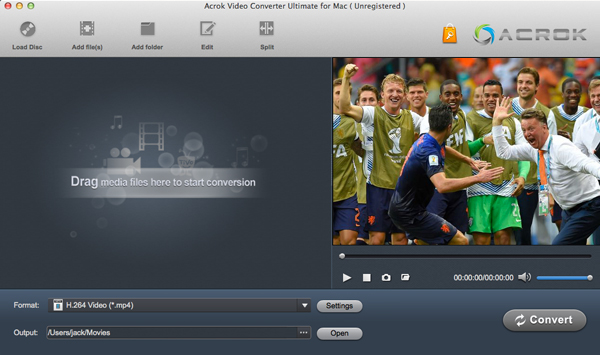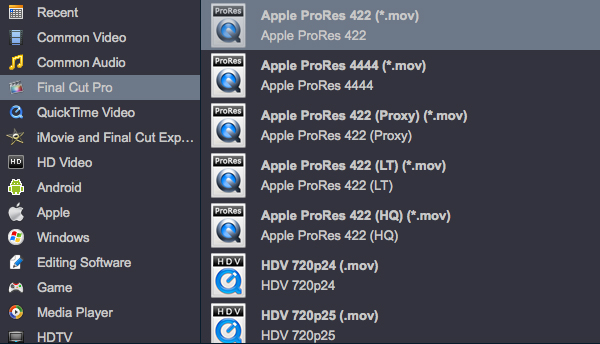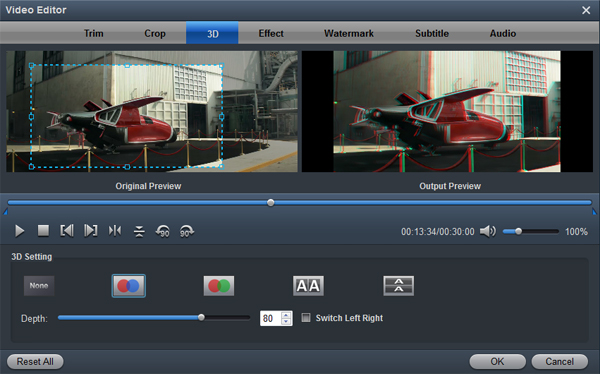
The Panasonic Lumix DMC GH5 has already been lauded for being an incredible value, earning Videomaker’s Editor’s Choice award. In the LUMIX GH5, the conventional '4K PHOTO' function is dramatically advanced to form '6K PHOTO' which lets the user cut a still image out of ultra high-quality 18-megapixel video with approx. The Lumix GH5 looks to take the best of the GH4 and package it into a more approachable camera. It can record videos in your choice of MOV, MP4 or AVCHD. Overall we are expecting the image to be most exciting from the Panasonic Lumix GH5. And now the Panasonic Lumix GH5 II provides a professional-quality imaging platform for shooters who demand versatile video and stills capabilities in a single compact camera. The camera records DCI and UHD 4K with the full sensor area and can output 10-bit 4:2:0 internally up to 60p, or 4:2:2 at 30p.
After establishing the LUMIX brand in 2001, Panasonic introduced the world’s first digital single lens mirrorless camera in 2008. Lumix GH6 is absolutely the flagship of the LUMIX G Series and the latest model of the GH line, which is renowned for its stunning mobility and innovative video performance. The new GH6 providing 4:2:2 10-bit DCI 4K/60p recording capability, this camera achieves unlimited video recording when the camera is used under the certified operating temperature.
However, if you want to import the 4K footage from Lumix GH5, Lumix GH5 II or Lumix GH6 to Final Cut Pro X for editing, you may find the high quality 4K videos are not recognized by your editing software. So what’s the available workflow for Panasonic Lumix GH5 / GH5 II / GH6 and Final Cut Pro X?
Panasonic really has a couple of really great 4k cameras available for some time now. However, there’s not going to be native support for the DCI 4K (4096 x 2160) at 200 Mb/s videos in most NLEs, even if Final Cut Pro X. How can we import and edit 4K MOV and MP4 video in FCPX smoothly and without rendering. Not to say it still goes with longtime rendering when you import Lumix GH5, Lumix GH5 II and Lumix GH6 videos to Final Cut Pro.
Fortunately, there is an easy way to fix the issue. If you’re facing problems when working with Lumix GH5/GH5 II/GH6 video in Final Cut Pro, follow this article to transcode H.265 video to Apple ProRes codec, which ensures the best results when working with Final Cut Pro X.
Best 4K Video Converter for Lumix Cameras
The quick workaround is to use the easy-to-use yet professional app called Acrok Video Converter Ultimate for Mac which can be used as a Apple ProRes Converter under Mac OS. It is clean and safe to install and use. With it, you can effortlessly convert Blu-ray, DVD, MOV, MP4, MKV, MXF, MTS, AVI, WMV, FLV, MPG, TOD, MOD and RAW footage, which ensures maximum editing quality and efficiency when working with Final Cut Pro X/7/6. Besides, the program also supports other various encoders like transcode Lumix GH5/GH5 II/GH6 recordings to MPEG-2 for Premiere Pro CC, DNxHD .mov for Avid Media Composer, AIC .mov for iMovie, ProRes/DNxHD/H.264 for DaVinci Resolve, H.264 for Vegas Pro, etc., and it works well and converts flawlessly. Below is how to do it.
Free download Lumix GH5/GH5 II/GH6 Video Converter
Transcode Lumix GH5/GH5 II/GH6 4K video to ProRes MOV for editing in FCP
1
Load 4K videos
Install and launch Acrok Video Converter Ultimate for Mac as the best 4K Video Converter, and then click “Add files” button to load 4K MOV, MP4 videos from Lumix GH5, Lumi GH5 II and Lumix GH6 or directly drag the recordings to the best H.264 to ProRes Converter and H.265 to ProRes Converter software.

2
Choose ProRes MOV as the output format
In the main interface of Apple ProRes Converter, click the “Format” bar and select Final Cut Pro > Apple PreRes 422(*.mov) or Apple ProRes 4444 (*.mov) as output format. Click the "Settings" button, you are able to enter the "Profile Settings" panel to adjust video and audio parameters for the converted files, including video size, bit rate, frame rate and more.

Tip: Edit Video before Conversion
The built-in video editor allows you to personalize and retouch your videos in clicks, which includes:
- Rotate/crop video, customize the frame size (16:9, 4:3 etc.) and cut off black margins.
- Add image/text watermarks to video for copyright protection.
- Add 3D effects onto the loaded Lumix GH5 and Lumix GH5 II footage.
- Adjust video brightness, contrast and saturation to enhance the visual effects.

3
Start video conversion
After all necessary settings, hit the convert button to start the Lumix GH5/GH5 II/GH6 files to ProRes conversion on Mac OS X. Once the conversion process shows in 100%, click “Open” button to get the output videos. Create a project and start editing 4K H.264 and 4K H.265 video in Final Cut Pro with light speed.
 Secured Shopping
Secured Shopping 30-day Money Back
30-day Money Back Automatic Updates
Automatic Updates Customer Service
Customer Service





